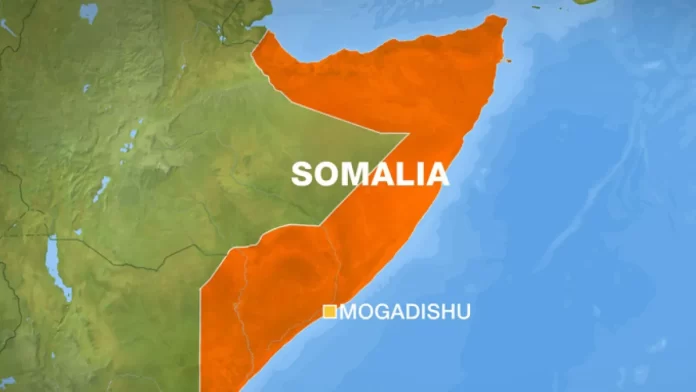 The bad history of Western colonialism has had a devastating impact on the Somali people, as they have been subjected to abuse and exploitation for centuries. This abuse has taken various forms, including the dismemberment of Somali society both horizontally and vertically, leading to the separation of families and the fragmentation of Somali identity. The legacy of colonialism has left the Somali people marginalized and divided, with their humanity stripped away and their rights violated.
The bad history of Western colonialism has had a devastating impact on the Somali people, as they have been subjected to abuse and exploitation for centuries. This abuse has taken various forms, including the dismemberment of Somali society both horizontally and vertically, leading to the separation of families and the fragmentation of Somali identity. The legacy of colonialism has left the Somali people marginalized and divided, with their humanity stripped away and their rights violated.
One of the most egregious crimes committed against the Somali people is the arbitrary division of their territory by colonial powers such as Italy, Great Britain, and France. These colonial powers carved up Somalia for their own economic and strategic interests, without regard for the wishes or well-being of the Somali people. This division has not only resulted in the loss of large parts of Somali territory to neighboring countries like Ethiopia and Kenya but has also perpetuated conflict and instability in the region.
The first two Somalis regions who achieved independence in 1960 believed in the reunification of all Somali territories that had been unjustly divided by colonial powers. However, their aspirations for a unified Somali state were met with resistance and condemnation from the Western powers, who viewed Somali nationalism as illegitimate and destabilizing. The Somali people were labeled as irredentist and outlaws by the international community, further isolating them and undermining their struggle for self-determination.
Despite the changes and progress that have taken place in the world in recent decades, the Somali people continue to face external aggression and interference in their affairs. Ethiopia, in particular, has repeatedly violated Somali sovereignty and territorial integrity since 2006 engaging in military incursions and border disputes that have destabilized the region and undermined regional harmony. Recently, Ethiopia went too far by faulsely claiming historical rights over Somali territorial waters and repeatedly vowing, by the mouth of its prime minister, to annex by force or by peace Somali coasts and land areas.The fact that Ethiopia signed an MOU with the breakaway and cecessionist regional authority of Somaliland, so named arbitrarily, demonstrates the degree of arrogance and violations agaist Somalia regardless of international law and order.
The international community’s failure to condemn Ethiopia’s actions and hold it accountable for its violations of international law is a clear example of double standard and hypocrisy.
It is essential for the Somali people to unite and stand together in the face of external threats and challenges. The ongoing conflict and division within Somali society only serve to weaken their position and embolden their enemies. By setting aside their internal differences and focusing on their common interests and defense, the Somali people can work towards a more secure and stable future for themselves and their country.
In order to address the ongoing threats and challenges facing Somalia, it is crucial for the international community to uphold the principles of collective security and hold countries like Ethiopia accountable for their actions. The United Nations and the African Union must play a more active role in authoritatively defusing the conflict and preventing further aggression in the region. By working together and standing in solidarity, the Somali people can protect their rights, defend their sovereignty, and build a more peaceful and prosperous future for themselves and future generations.




